
Polenzani is the closest thing the Metropolitan Opera has nowadays to a house tenor, having sung a myriad of roles with the company since his debut twenty-six years ago. Whether he is opening a new production or being slotted into yet another run of Bohèmes, he has been a dependable presence on the Met stage: a tenor who shuns showboating and lets his technique speak for itself. Yet except for the titular role in the company’s first presentation of the original five-act French version of Verdi’s Don Carlos, the Met has rarely given him a star vehicle. Radvanovsky, Damrau, or, formerly, Netrebko always seem to make their way onto the posters senza tenore. It was refreshing, then, to see him at the center of things.
The program was largely standard fare, consisting of Schubert lieder; Finzi’s cycle, A Young Man’s Exhortation; the complete Liederkreis, op. 24, of Schumann; and songs by Ives. In Polenzani and accompanist Ken Noda’s capable hands, it proved to be a musical treat, even if the evening was not without its difficulties.
Between the final Schubert song and the beginning of the Finzi, Polenzani returned to the stage with a confession: he had flubbed the lyrics in “Im Abendrot.” He asked that the house lights be raised slightly so that we in the audience could better follow along with the texts. He had to restart both the final song in the Finzi cycle and one of the Schumann songs after losing his place, and stuck pages bedeviled Noda in the Ives section. Because of this, “The World’s Highway” also had to be restarted. Visibly frustrated, Polenzani recounted an early episode in his career during a performance of Die schöne Müllerin in Boston. He had confused the lyrics in the first verse but refused to start over, leading him to lose his bearings and ultimately compromising his ability to effectively convey the dramatic arc of the piece. There is a certain experience that can only be gained through failure, he continued to say, and wisdom in admitting your mistakes and starting over. His frankness and lack of vanity further endeared him to an audience that was already firmly on his side.
Yet, had he not admitted the first error, one would not have suspected that anything had gone amiss. Yes, the room was quite dark during the first half, and I was perhaps not following the texts as intently as I should have, but the commitment and assuredness with which Polenzani approached the Schubert would have belied any impression of error. The Schubert selections displayed many of his strengths as an artist: sweetness of tone, discerning phrasing, and his ability to float into his head voice. Supported by his superb diction, he seamlessly married text with the lilting melodic lines of “Im Frühling.” He treated the song’s springtime images with a playfulness that complimented Noda’s rippling, glinting accompaniment, as each stanza seemed to flow out as an organic thought. The brightness of his interpretation melted into an easeful, sustained final portamento that hinted at the text’s underlying wistfulness. “Der Einsame,” an ironic paean to the solitudinous joys of country life, unfolded at a sprightly pace, and Polenzani brought out a conversational quality, engaging fully with the audience. His face was animated, and his vocal posture relaxed, and he demonstrated an affable interplay with Noda in the many sections where the accompaniment half-mockingly echoes the vocal line. The tenor brought a plush legato and an amber-hued warmth to “Im Abendrot” and he allowed each phrase to settle softly into the space.
A Young Man’s Exhortation, Finzi’s only true song cycle, takes its text from a disparate group of poems by Thomas Hardy and loosely traces the journey from youthful inexperience and enthusiasm to mature introspection. The cycle contains a blend of quasi-Baroque contrapuntal textures, straightforward lyricism, and folk modalities that reflect Hardy’s abiding interest in rural traditions and idioms, along with some dabblings in dissonance that reflect Finzi’s artistic milieu. Polenzani handled the transitions between these moods and modes, which can occur in the space of a single song, quite well, embodying the mirthful, devil-may-care spirit of the first while infusing a pensive undertone that paved the way into the second.
It was clear that these songs sat in a vocal sweet spot for the tenor. Towards the conclusion of the titular first song, he dug deep into his substantial chest voice and revealed a spectrum of cool-hued shading within. By “Budmouth Dears,” his top had fully opened, ringing forth as he called forth images of juvenile voyeurism, though at times I felt that its heartiness and heft threatened to overwhelm the piece’s bouncy rhythmic flow. Still, this had the effect of conveying the subject’s youthful eagerness and vigor, even if it was one of the few moments in the program where Polenzani’s dynamics were less than ideally calibrated.
Noda’s open voicing throughout “The Comet at Yell’ham” created a diaphanous soundscape into which Polezani could weave some equally delicate, suspended lines. Their combined approach was gentle and deeply felt. The climax of “Shortening Days” was another opportunity for him to display the potency of his tenor along his range, while a softer range of dynamics in “The Sigh” showed his ability to plumb subtleties out of repeating musical ideas. And “The Dance Continued,” despite the interruption within the first few bars, unfurled with a melting melancholy.
Drawn from the poetry of Heinrich Heine, Schuman’s Liedkreis, op. 24 is rife with Romantic preoccupations, following a speaker as he despairs over his absent beloved and seeks solace in nature. The cycle demands that the singer take full advantage of their dramatic range, as the speaker contends with their grief and oscillates between melancholy and rage before eventually settling into something resembling acceptance. Polenzani was largely satisfactory in this regard. The spiky agitation he brought to “Es trebit mich hin” dissipated into a delicately rendered hush in the more reflective “Ich wandelte unter den Bäumen.”
He proved an able raccounter throughout, growling out the image of a coffin in “Lieb’ Liebchen” and suffusing the repeated utterances of “Lebe wohl” in “Schöne Wiege meiner Leiden” with tenderness. Some vocal strain and pitchiness were evident in “Berg und Burgen schaun hertuner,” but the stylishness and textual attentiveness with which he approached final songs compensated for these lapses. He infused an agitated pulse into the prettiness of “Mit myrten und rosen,” ending the cycle on a somewhat neurotic note.
The following five songs by Charles Ives took us firmly out of the Romantic realm. Though unmistakenly American in subject and harmonic structure, “The World’s Highway” provided a smooth transition into the final phase of the program with its expansive, sincere lyricism, while “Feldeinsamkeit” read as an American’s ode to the German art song tradition. The musical diptych Memories was a delight, as Polenzani added a Vaudevillian twang to “Very Pleasant” and a deeply Americana plaintiveness to “Rather Sad.” His gentle humming in the final bars proved to be among the most sonically lush moments of the evening. He fully embraced the juvenile cheekiness of “The Greatest Man” before concluding with an earnestly sung “When stars are in the quiet skies,” which harkened back to the proceeding German pieces with its images of earthly love amidst the sublimity of the natural world.
For encores, Polenzani offered a vivacious “Marechiare” by Paolo Tosti and a dulcet “Danny Boy,” at which the audience predictably sighed. Still, such lovely floated top notes merit the cooing.
Given the blunders, it was certainly not the night that Polenzani had hoped for, but it was, nonetheless, a fine testament to his integrity and perseverance as a performer.
Photos: Da Ping Luo
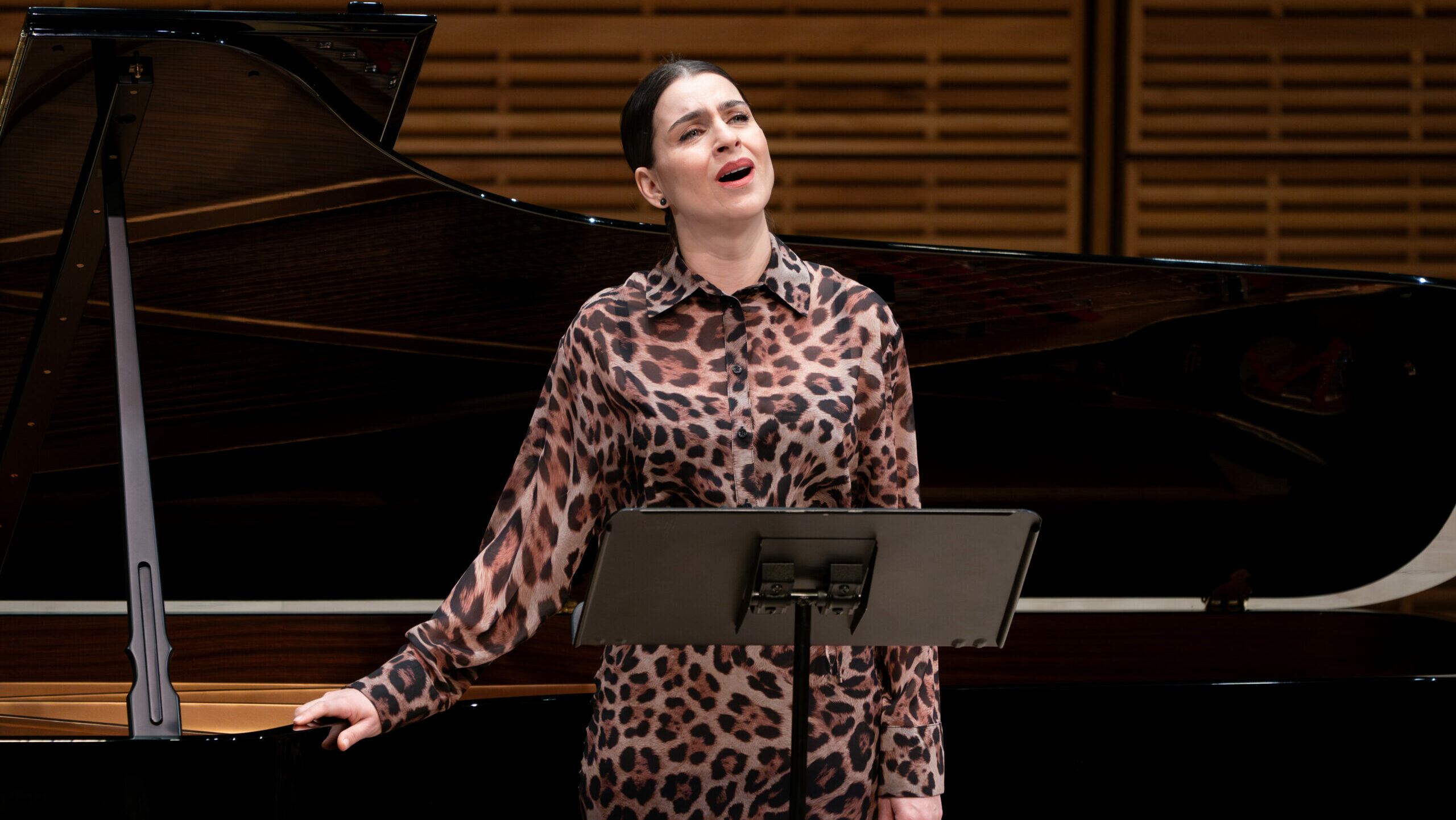
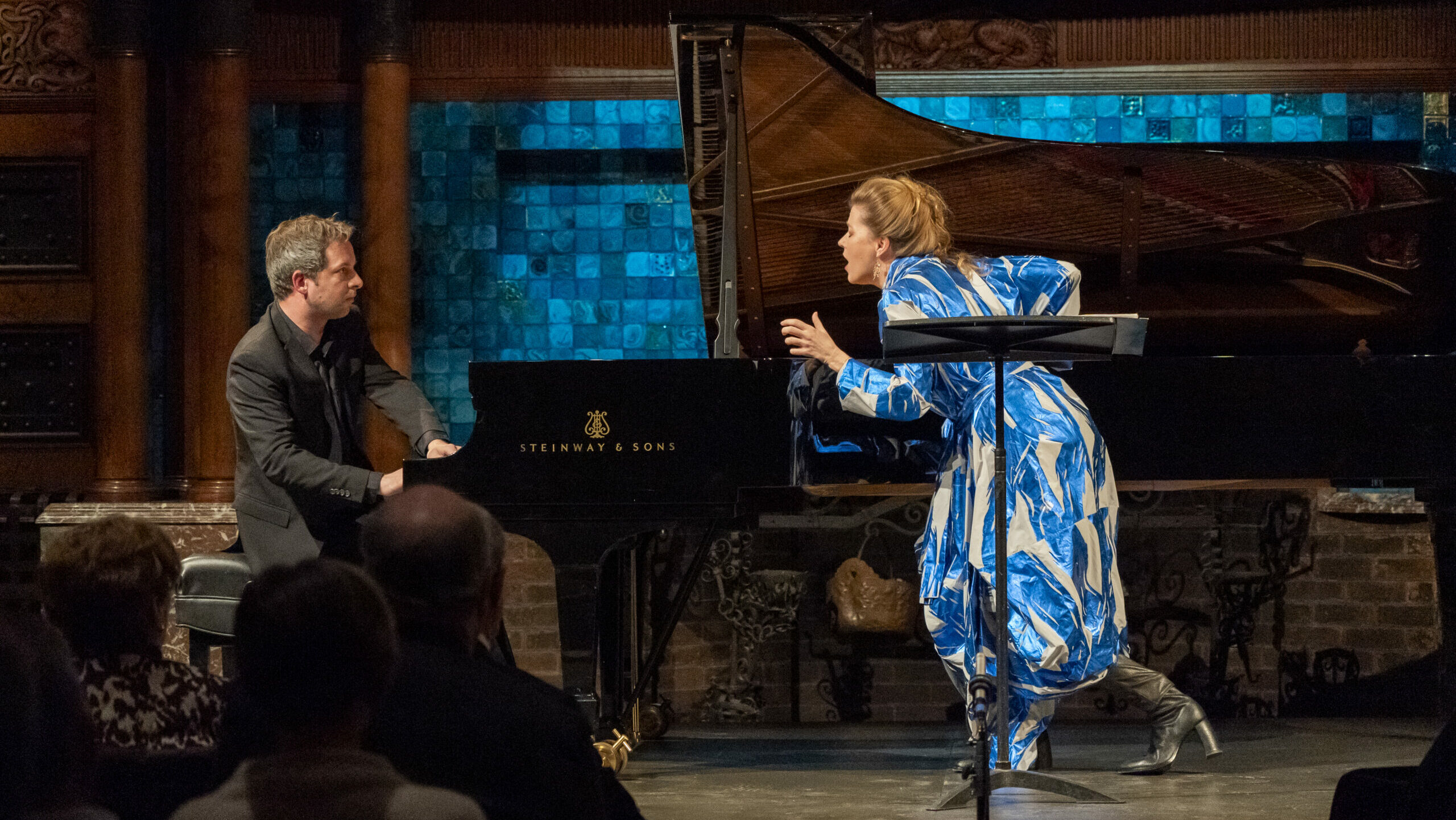






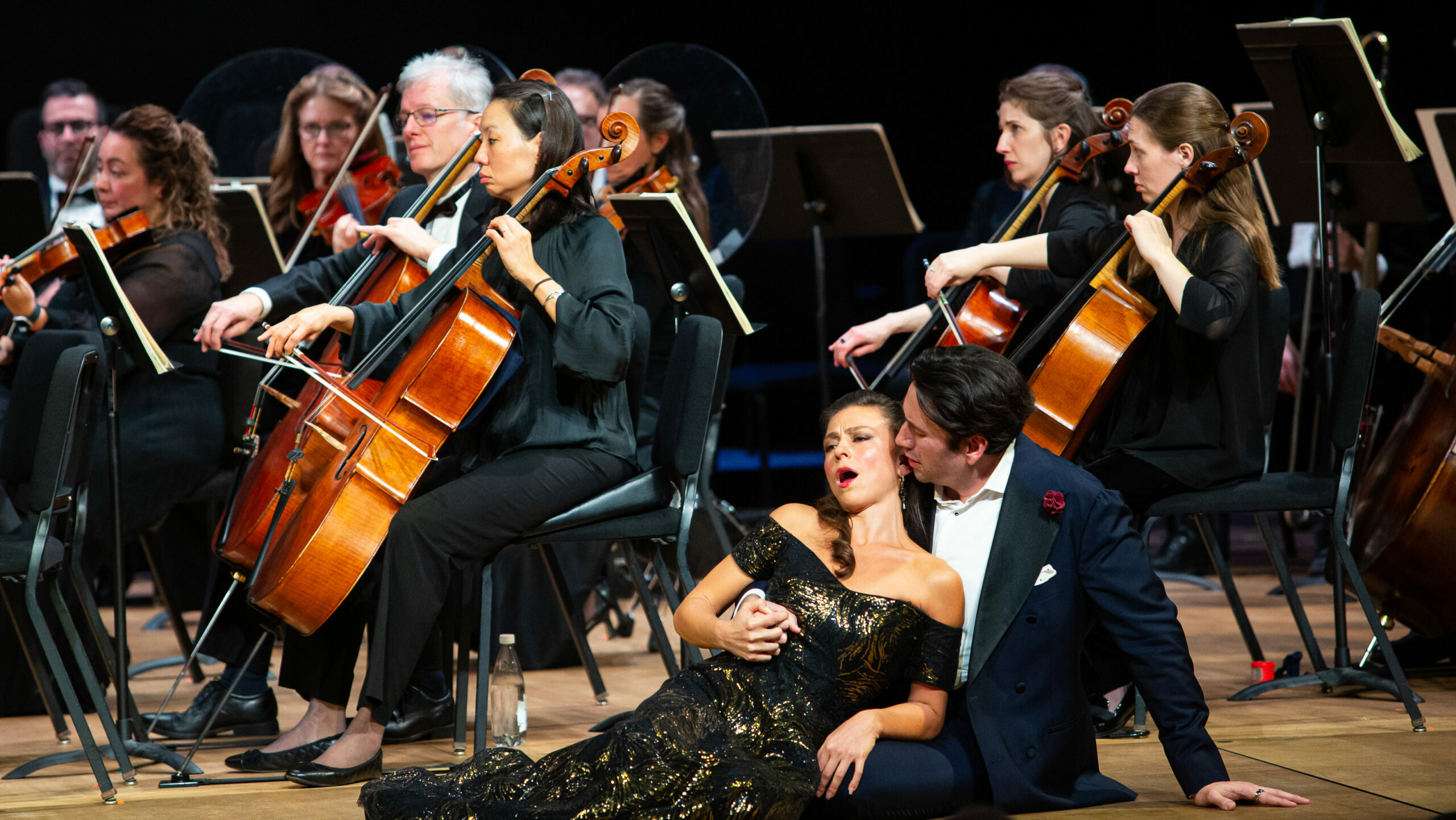
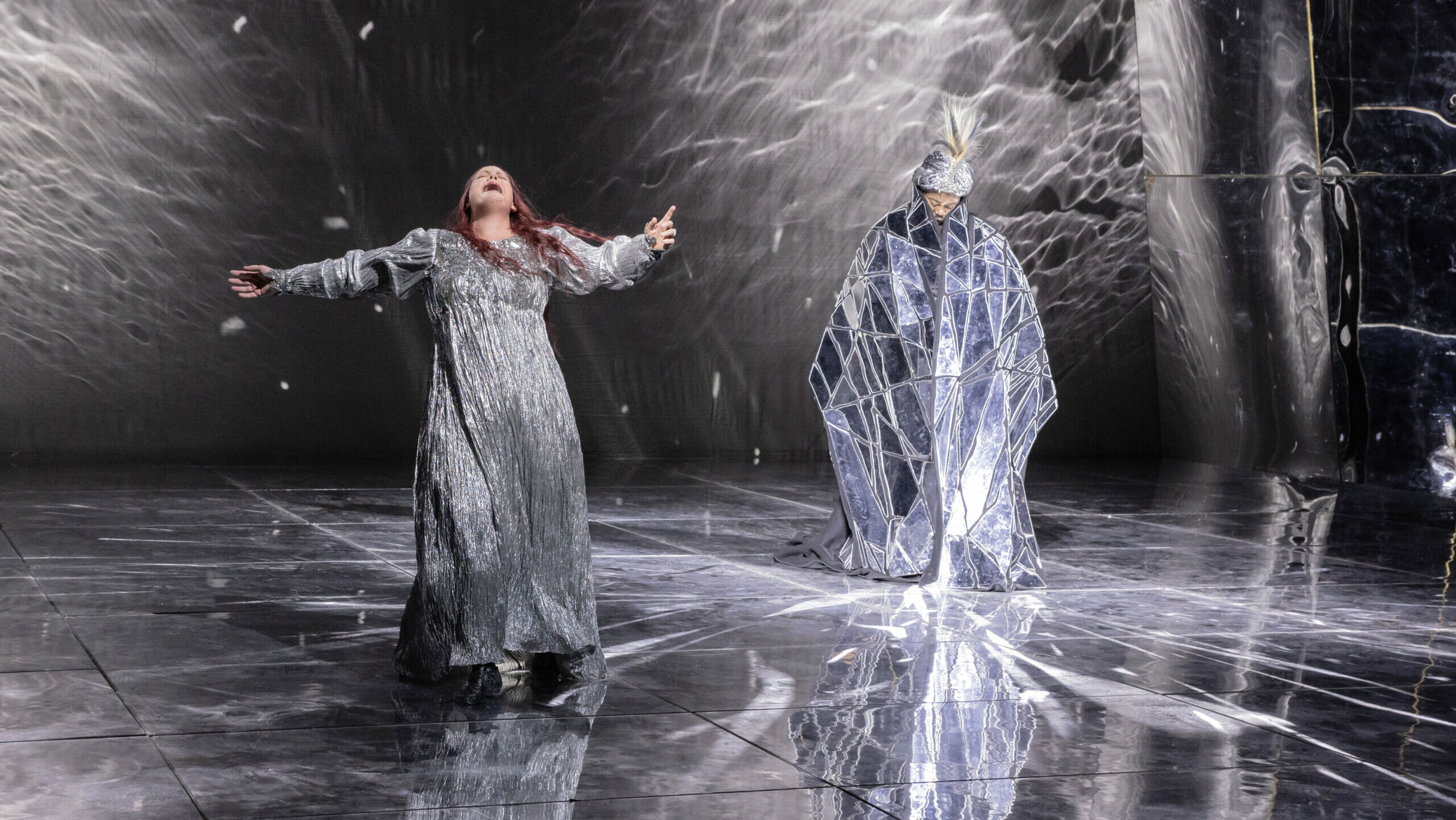

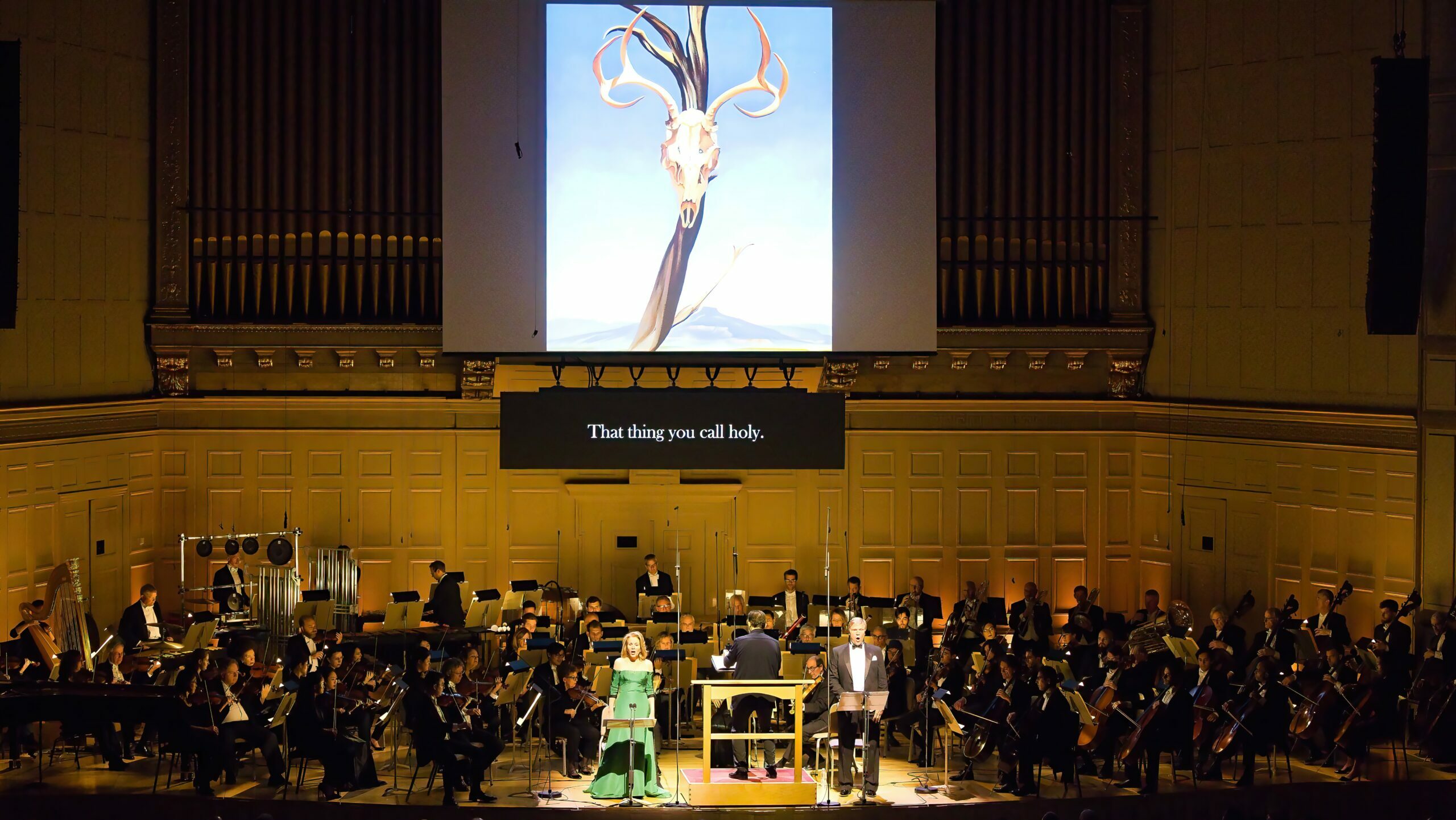
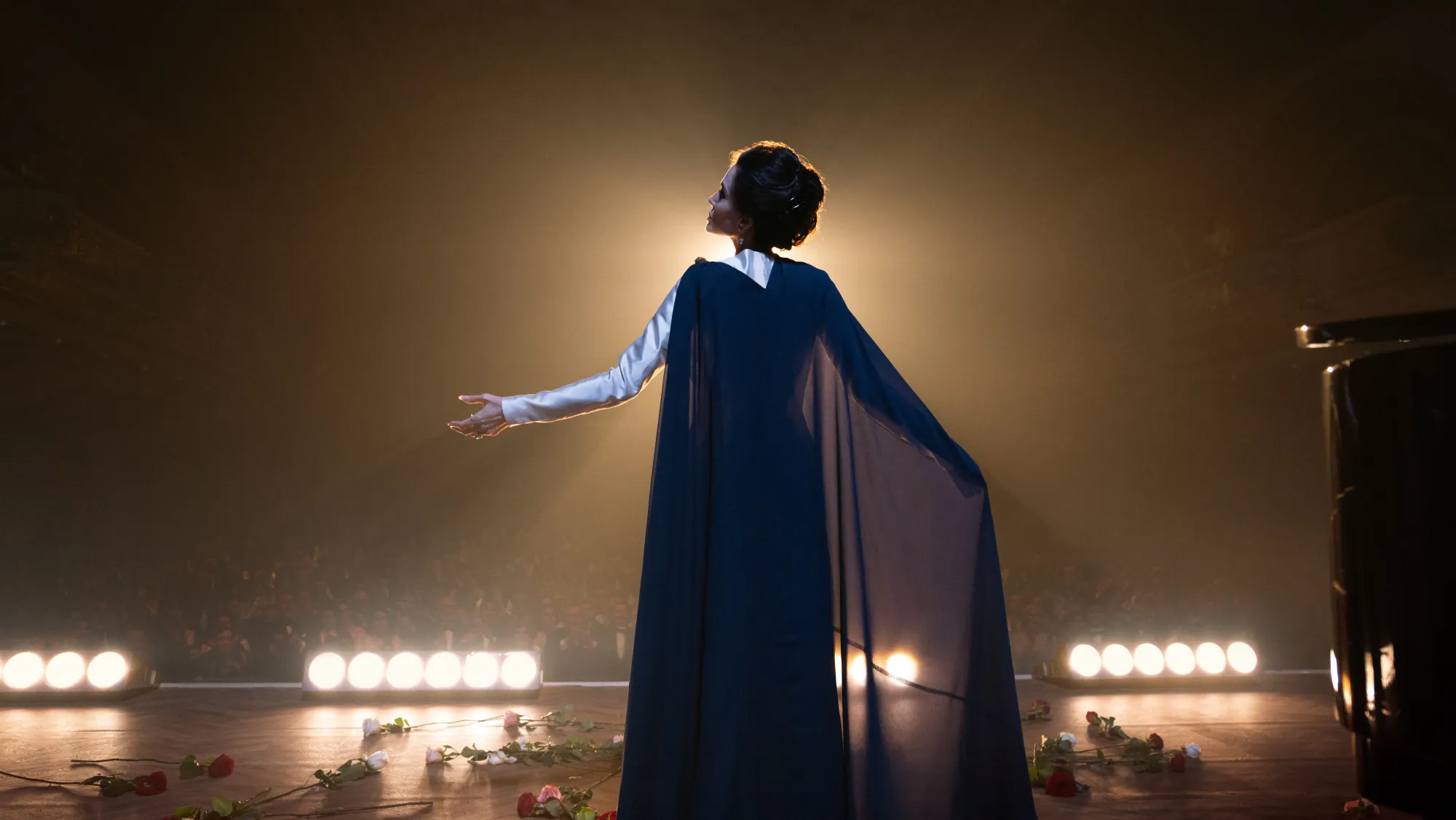
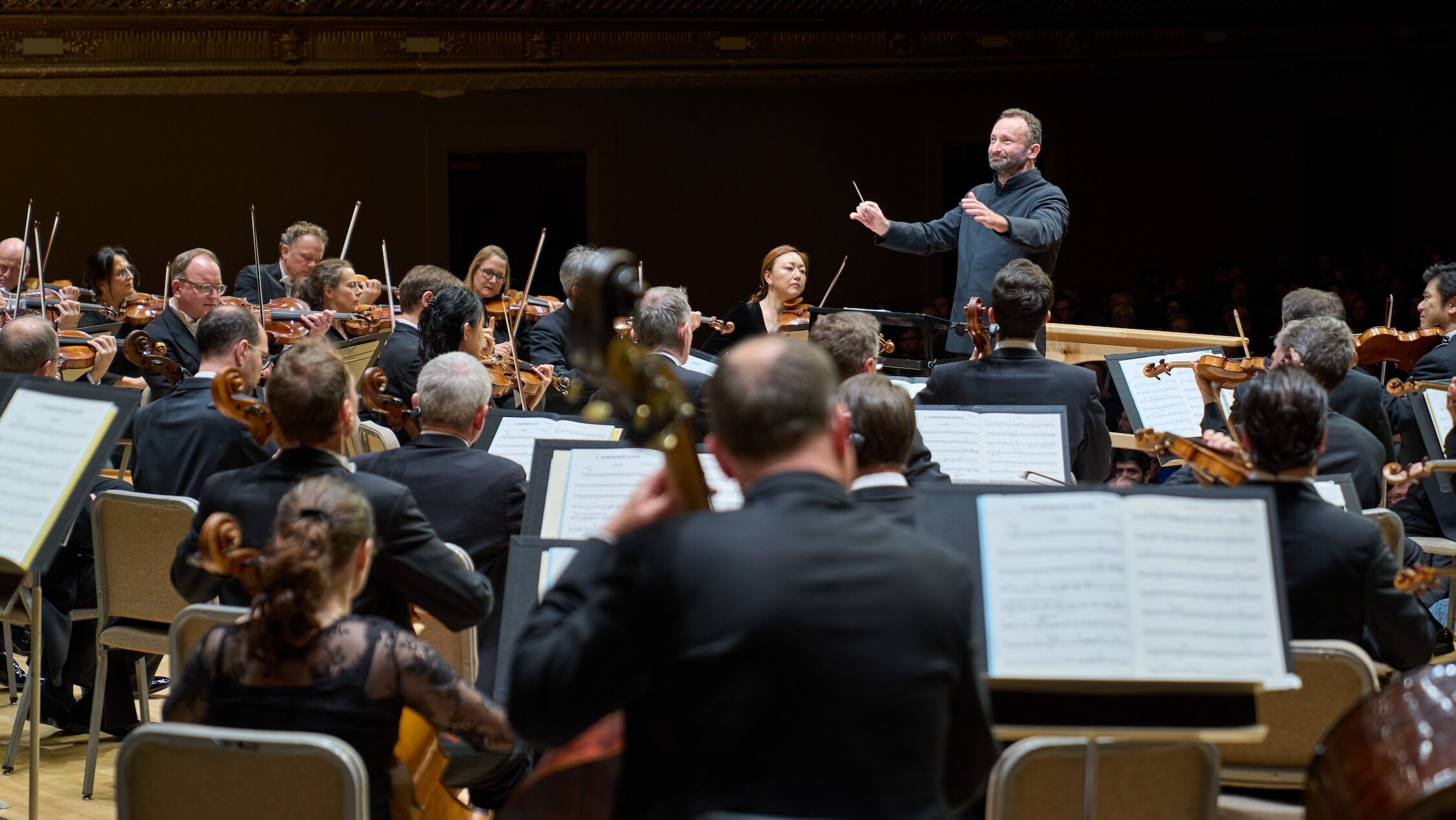
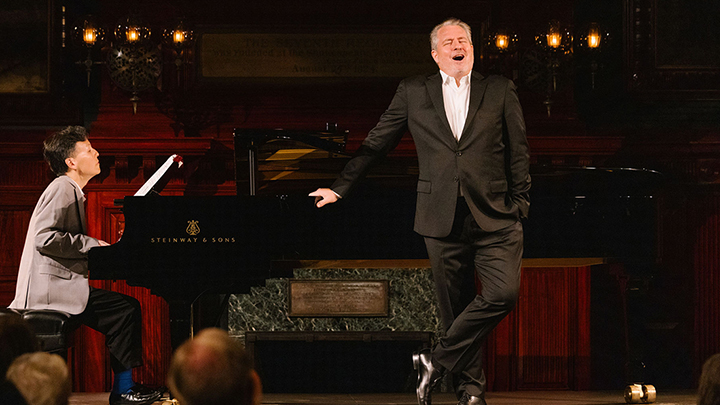
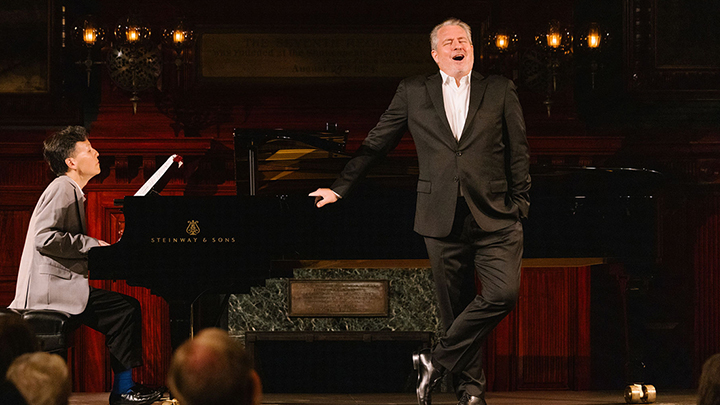




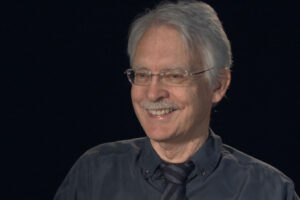
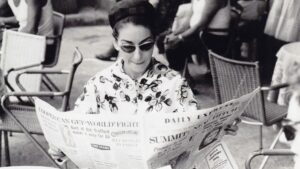
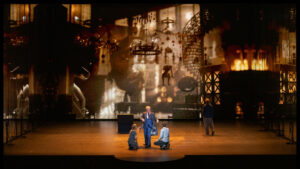




Comments